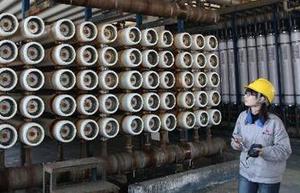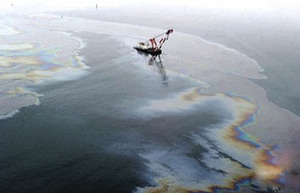Water project tests industrial development
(Xinhua) Updated: 2014-06-21 14:11As a result, farming is the only means of livelihood for many residents in the vicinity of the reservoir in Shiyan City, which administers Danjiangkou City. But most of the fertile farmland is situated in the low-lying area and will be submerged after the water level rises. Farming will pollute the water too if fertilizers are widely used.
Since 2005, Danjiangkou City has lost 682 million yuan ($109 million)in financial revenues, official statistics show. The city government estimates it will incur another annual loss of 113 million yuan in fiscal revenue after the completion of the project.
And the economic development of Shiyan City has been set back about three to five years, officials from the city estimate.
Danjiangkou City, which used to be one of the top 20 county-level economies in Hubei, saw its ranking decline to 34th in 2012.
Despite all the challenges, the provincial government of Hubei has pledged to raise the living standards of immigrants to average levels within three years, and to exceed the average in a further two years.
On a broader scale, provincial authorities are seeking financial help from the central government and from downstream provinces and cities which stand to benefit from the water project.
The central government has also approved projects worth tens of millions of dollars in Hubei and Henan to transport fertile soil from farmland that is going to be submerged to higher ground, where immigrants will be able to grow more crops.
In August 2013, Hubei and Beijing signed an agreement on strategic cooperation. Guo Jinlong, Beijing's Party chief, pledged full financial and technological support to the headwater region.
In Hubei, many cities around the reservoir have encouraged farmers to develop eco-agriculture and grow lucrative crops such as flowers and ingredients for herbal medicine.
|
 |
 |
| Qingdao hosts Intl Conference on Desalination and Water Reuse | China fights pollution with new clean water plan |
- China 'incredibly innovative' in many areas: Apple CEO
- City official: Guangzhou further committed to opening-up
- Jack Ma: Globalization backed by technology will cut inequality
- HNA confirms interest in ASEAN's infrastructure investment
- Comments on Xi's letter to 2017 Fortune Global Forum
- China to create more opportunities for the world: Xi
- US tax cuts impact on China two-sided: economists
- Chinese enterprises job fair to be held in Sri Lanka

















